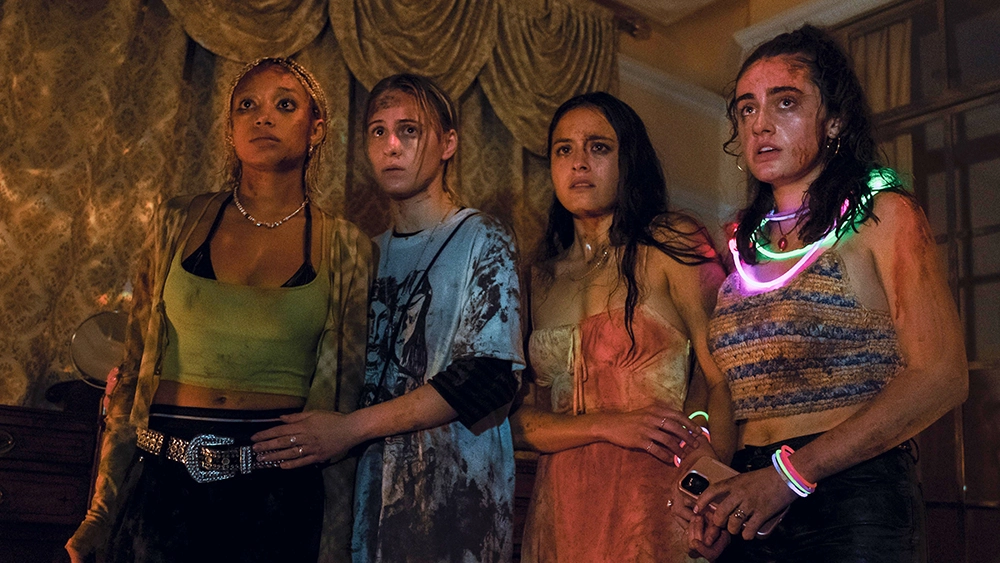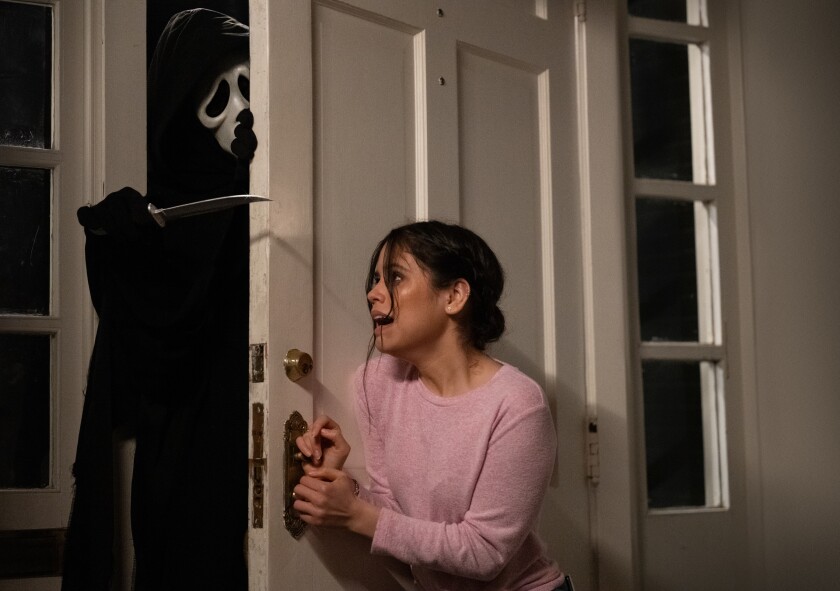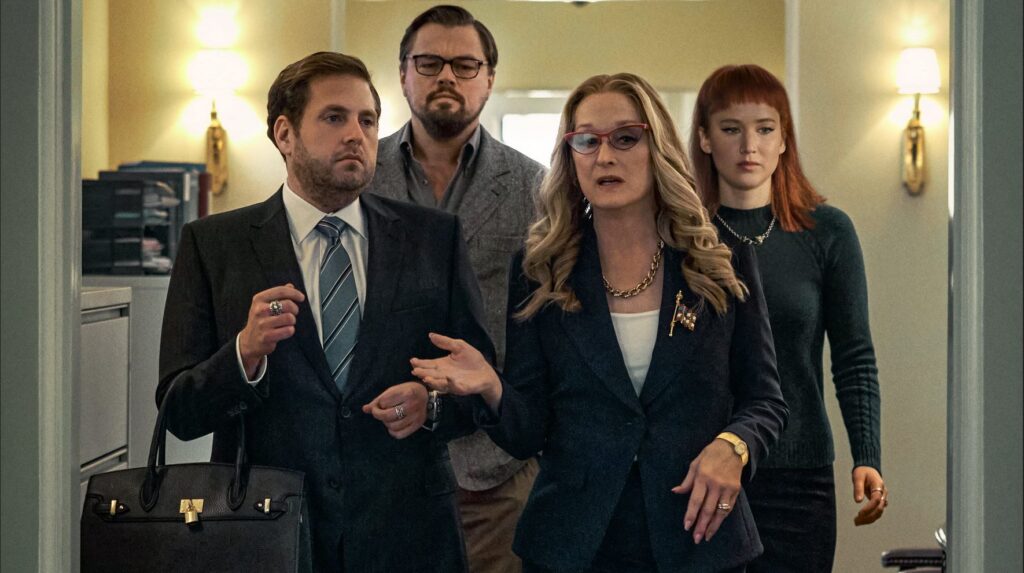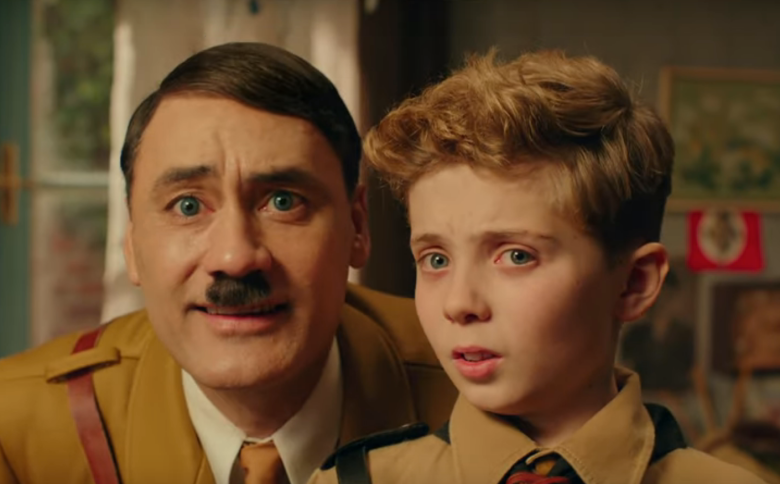Honk for Jesus, Save Your Soul: The Sour of Prayer
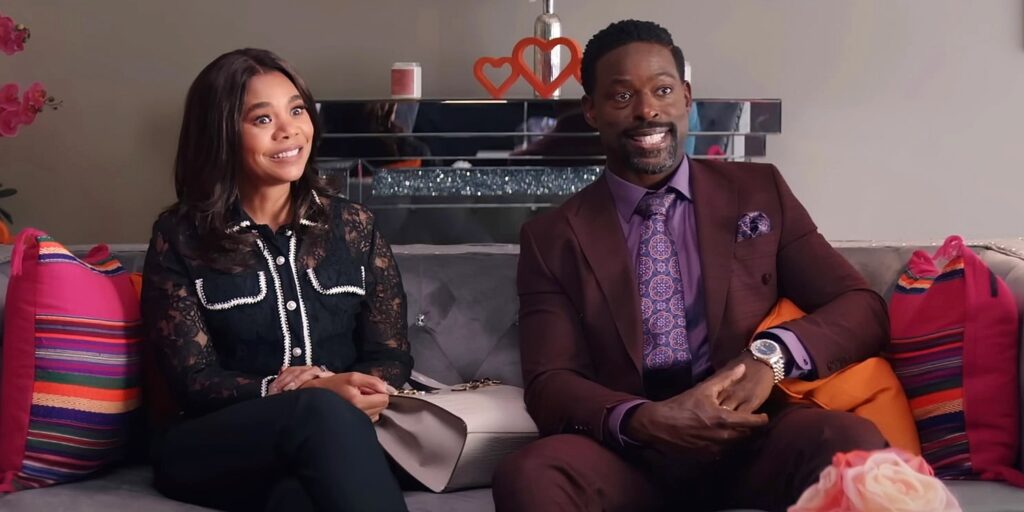
In one of his incisive bits about religion, George Carlin observed that God “always needs money.” The implication is that the deity’s clerics are also in permanent want of funds, but the main characters of Honk for Jesus, Save Your Soul—Lee-Curtis Childs (Sterling K. Brown), a captivating Southern Baptist preacher, and Trinitie (Regina Hall), his publicly steadfast wife—aren’t hurting for cash. They live in a luxurious mansion outside of Atlanta, they drive a Cadillac Escalade, and their closets are filled with Prada. (Lee-Curtis’ gold watch gleams so brightly, you half-expect him to tell someone that it “cost more than your car.”) No, what this power couple really craves—what they desire beyond favorable clippings in the press or dollar bills in the collection plate—is an audience.
They used to have one; with Trinitie seated at his side in a gold-enameled throne, Lee-Curtis would routinely preach to upwards of 5,000 disciples at Wander to Greater Paths, their so-called “megachurch.” But then something happened—something initially alluded to only as “misconduct”—and now they bustle about in their Georgia Xanadu, breathlessly plotting their reemergence. Honk for Jesus, which is the feature debut of writer-director Adamma Ebo (based on her short film), chronicles the Childses’ painstaking attempt to reacquire their congregation (and their relevance), even as it also gradually unveils the scandal that led to their downfall. Read More

